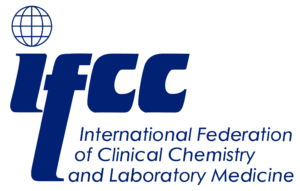Background And Aims
Empirical dose intensification and therapeutic drug monitoring [TDM] of infliximab [IFX] trough levels [ITLs] and antibody to infliximab [ATI] assays are recognized approaches for managing loss of response [LoR] in patients with inflammatory bowel disease [IBD]. The aim of the study was to compare these two interventions in a clinical setting, in terms of effectiveness and cost savings.
Methods
Consecutive IBD patients experiencing LoR were clinically managed according to a TDM algorithm. A historical group of empirically treated patients, for whom sera for ITLs and ATI assays had been collected, served as the control group. Clinical outcomes 12 weeks after the therapeutic interventions were compared between the two groups. A cost-minimization analysis was performed to compare the economic impact of these two approaches.
Results
Ninety-six patients were enrolled prospectively and compared with 52 controls. The two cohorts were similar in characteristics and in the distribution of TDM results. In the prospective cohort, however, we observed less IFX dose escalations compared with in the controls [45% versus 71%, p = 0.003]. Also, more patients were switched to a different anti-TNFα in the prospective cohort than in the control cohort [25% versus 4%, p = 0.001]. The percentages of patients achieving a clinical response at 12 weeks were 52% and 54% for the prospective and control groups, respectively. By cost analysis, we estimated a savings of 15% if the TDM algorithm was applied.
Conclusions
In our population, applying a TDM algorithm for LoR to IFX resulted in less dose escalations, without loss of efficacy, compared with empirical adjustment. In addition, the TDM approach was cost-effective.

